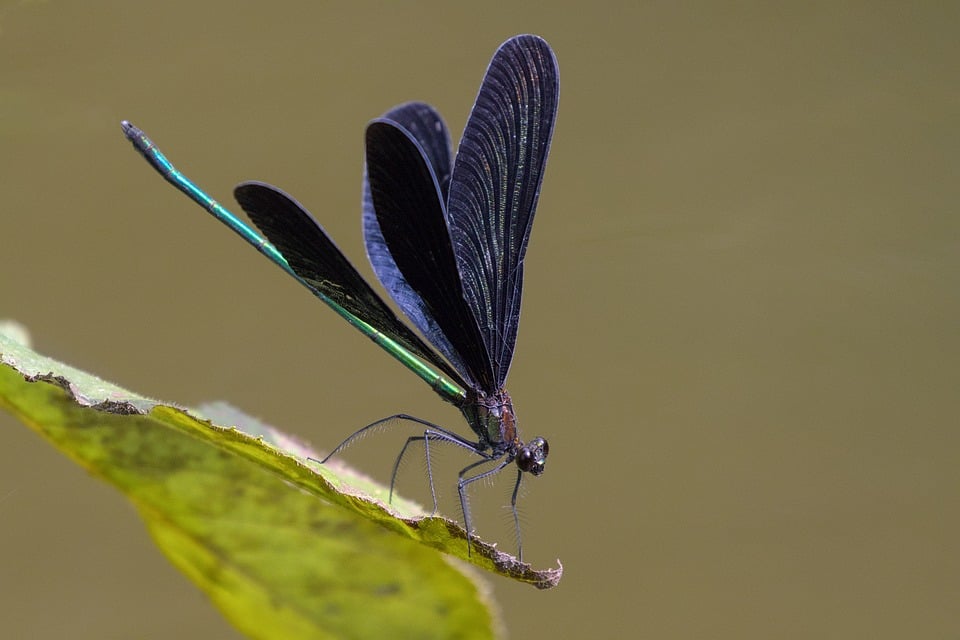As outdoor enthusiasts and summer adventurers prepare for the warmer months, the conversation around bug protection becomes increasingly relevant. Traditional insect repellents, primarily those containing DEET (N,N-diethyl-meta-toluamide), have long been the go-to option for keeping pesky bugs at bay. However, growing environmental awareness, as well as concerns about skin sensitivity and health effects, have led many consumers to seek out DEET-free alternatives. Luckily, there are a variety of effective and eco-friendly bug sprays on the market that provide reliable protection without the use of harsh chemicals.
The Shift Towards DEET-Free Bug Sprays
DEET has been a staple in insect repellent formulations for decades. While effective, it can cause skin irritation, and its environmental impact—especially on aquatic habitats—has raised concerns. In response, researchers and companies have turned their attention to natural ingredients that can repel insects without compromising safety or effectiveness. These DEET-free options often utilize essential oils and botanical extracts, making them appealing to those who prioritize eco-friendliness.
Benefits of DEET-Free Bug Sprays
-
Safer for Skin: Many people report sensitivities to DEET and its strong chemical odor. Natural alternatives tend to be gentler on the skin, making them suitable for children and those with sensitive skin.
-
Environmental Consideration: DEET can persist in the environment and accumulate in waterways, leading to potential harm to aquatic life. Many DEET-free sprays use biodegradable ingredients, minimizing their environmental footprint.
-
Pleasant Scents: Natural bug repellents often carry the refreshing aromas of essential oils such as peppermint, lavender, and citronella, which can make application a more enjoyable experience.
- Widely Available: As consumer demand for natural products rises, so too does the availability of effective DEET-free options in local stores and online platforms.
Top DEET-Free Bug Sprays
Here’s a selection of some of the best DEET-free bug sprays on the market that combine effectiveness with eco-friendliness:
1. Repel Plant-Based Lemon Eucalyptus Insect Repellent
This EPA-registered formula contains oil of lemon eucalyptus, a natural ingredient recognized for its repellant properties. It offers up to six hours of protection against mosquitoes, ticks, and other biting insects. Plus, it has a pleasant citrus scent that’s refreshing in the heat of summer.
2. Bug Soother
Made with a blend of soybean oil and essential oils, Bug Soother is a fan favorite, especially among families. This spray not only repels bugs but also doubles as a moisturizer, making it perfect for those with sensitive skin. It’s also cruelty-free and free from chemicals, ensuring a safe alternative for outdoor fun.
3. Badger Anti-Bug Shake & Spray
Badger’s product combines essential oils like citronella, rosemary, and peppermint to provide a potent but safe insect deterrent. The biodegradable ingredients make this spray suitable for eco-conscious consumers, and it’s non-GMO and gluten-free—ideal for those with strict dietary preferences and sensitivities.
4. Daboo Natural Bug Repellent
Utilizing a blend of organic oils, including neem and citronella, Daboo provides a powerful defense against mosquitoes and other pesky insects. This handmade, eco-friendly option is packaged in recyclable materials, making it a great choice for sustainability advocates.
5. Sawyer Picaridin Insect Repellent
Though technically not "natural," Picaridin is a synthetic compound derived from pepper plants that offers a DEET-free alternative with similar effectiveness. This spray has a mild scent and feels less greasy than DEET, providing long-lasting protection without the harsh chemicals.
Tips for Using DEET-Free Bug Sprays
- Reapply Frequently: Natural repellents can be effective, but they often require more frequent application than DEET-based alternatives. Follow the manufacturer’s instructions regarding reapplication timing.
- Combine With Other Prevention Methods: For best results, consider using other protective measures such as wearing long sleeves, using mosquito nets, and avoiding areas with standing water.
- Patch Test First: If you have sensitive skin, conduct a patch test before applying the spray all over your body.
Conclusion
As we grow more conscious of the products we use and their impact on our health and the environment, the demand for DEET-free bug sprays continues to rise. With a diverse range of options available that prioritize both efficacy and eco-friendliness, consumers can confidently choose natural repellents to safeguard their adventures. Embrace the outdoors with the knowledge that you can enjoy nature without compromising your health or the environment—one spritz at a time.
